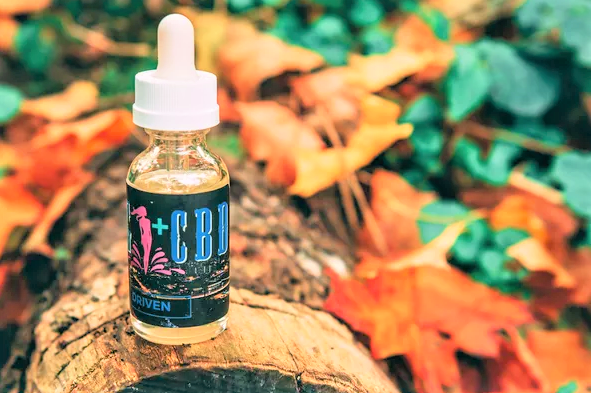
Hemp is now legal, but many questions and concerns about hemp products — particularly hemp-derived CBD — still remain.
By Laura Bianchi, Rose Law Group partner and director of Cannabis Department
Disclaimer: This column is written for educational purposes only. It does not provide specific legal advice and does not create an attorney-client relationship. This column should not be used as a substitute for competent legal advice from a licensed attorney in your state.
Like many people in the cannabis industry, I was thrilled when the 2018 Farm Bill was signed into law on December 20, legalizing various activities related to the cultivation and production of industrial hemp nationwide. But I also knew that for consumers and businesses, many questions remained about hemp and cannabidiol (CBD), hemp’s most famous byproduct these days.
Take what’s happening here in Arizona, where I lead Rose Law Group’s cannabis business practice. The activities authorized by the 2018 Farm Bill came at a perfect time for us, since the state was already in the midst of developing the rules and regulations that will govern our hemp licensing program, as directed by a state bill passed in 2017 and signed into law by Governor Ducey in May, 2018. Many in Arizona see hemp as the perfect crop, since its low-water demands could mesh perfectly with our state’s climate.
But many hurdles remain before Arizona, or anywhere, can become the Napa Valley of hemp. According to the Farm Bill, hemp is defined as any cannabis plant that has less than 0.3% THC, the psychoactive component of the plant. But like many states, Arizona has a medical cannabis program that already oversees all cannabis and cannabis-derived products that contain any amount of THC. So officials and industry stakeholders will have to figure out how to accurately differentiate between hemp products, such as hemp-derived CBD, that will fall under the state’s new hemp program, and cannabis products that will continue to be regulated under the state’s medical cannabis program. That will involve determining monitoring and testing protocols for all those engaged in the cultivation, harvest, processing and/or transport of hemp and hemp-derived products.











